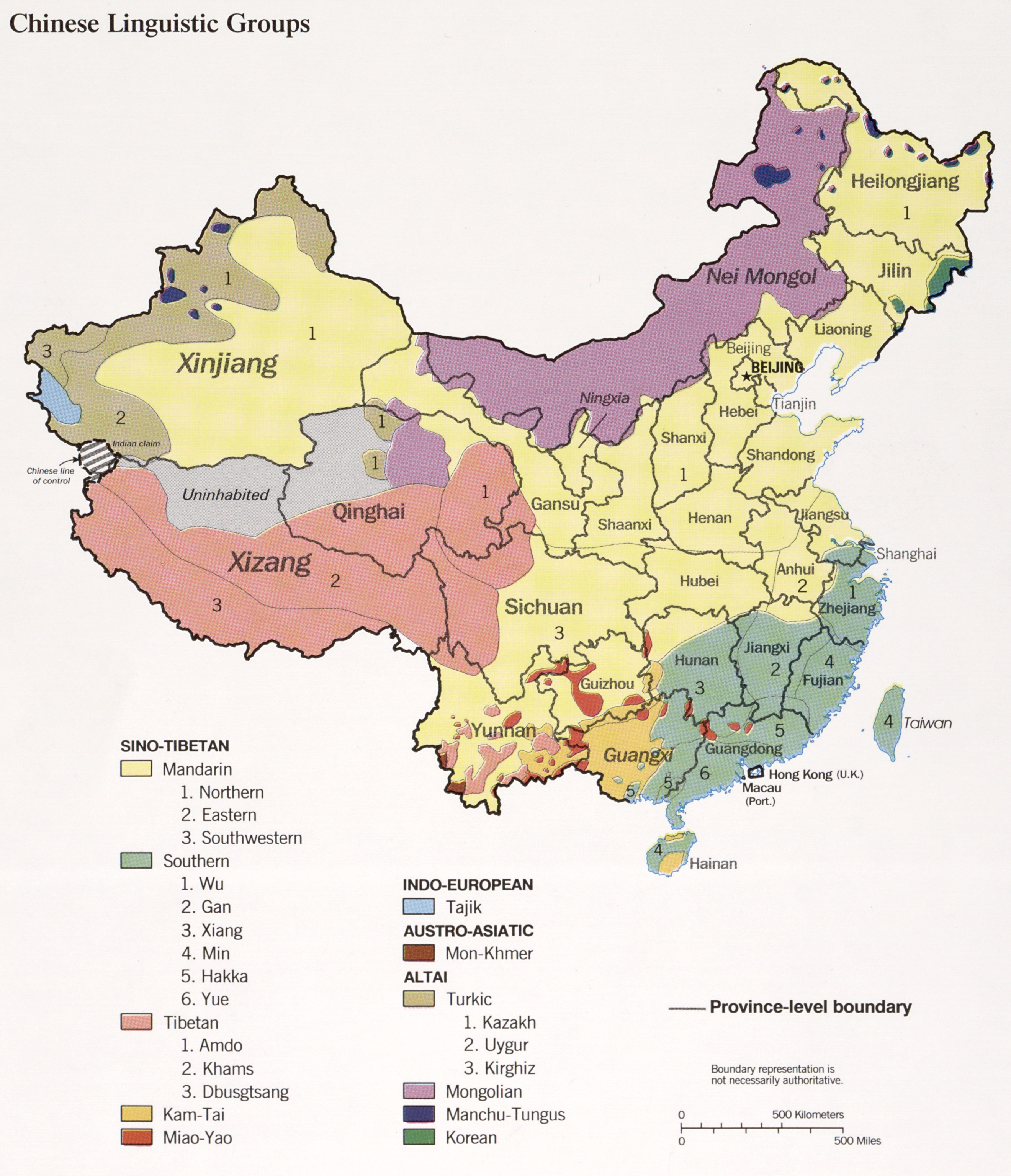Including the Red Army. I have been stating this for a while now.
Go read up on the dynastic cycle.
Try to figure out what point in the cycle we're at. Let me know if you need help with any of the more complex words.
Temporary administrative capitals while the new city was being constructed do not particularly count. It would be like saying Melbourne has the aura of a capital since it was the seat of the Australian government while it was building Canberra.

You clearly aren't aware of the Chinese self-perception of the North South divide, where (乡土, xiangtu, 'localism') and a strong regional identity is the view of the people in the south. You also ignore that the Han ethnicity is not monotonous. Many Chinese call themselves Han despite not speaking mandarin (up to a third of han in the late imperial period [early 20th century] primarily spoke regional languages like Shanghainese), and despite the regional cultural cultural differences within this catchall grouping. The map I put up was a linguistic map showing where any one language (or group of languages) is dominant in China. Considering also that we are in Capto Iugulum, and not in modern China with its strong emphasis on the official mandarin language, its only reasonable to assume regional identities and local languages are stronger than they are in the OTL 21st century, and that bilingualism where the local language and mandarin is spoken is less common.

Jesus Christ, are we *actually* going through this?
There's this guy named Qin Shi Huang. You might have heard of him. He spent his reign destroying regional identities in what we today call China. As per Ophorian below, regional identities in China describe
place; it is not a
ethnic identity, and hasn't been since 221 BC.
Second, Chinese is the
written form of the language, not the spoken form. The reason China has such political unity is that the written form of the language is canonical, and thus there
cannot arise an independent Cantonese literature, not without introducing an alphabetic script.
Third, that is not at all a reasonable assumption; the Beijing dialect has been promoted as the prestige dialect since pre-POD times, as the dialect of administration during the Ming and Qing.
Fourth, read the protip: China is 92% Han. A map of language distribution
is immaterial to the beliefs of the 85% or so of the population that holds to a traditional Chinese world view.
Fifth, 你真的想我不是华人啊?
我护照也有,身分證也有, b-tch.
You know what? Post whatever you want, Jehoshua. Keep spouting off as much ignorance as you like. I have wasted too much time today engaging with the most Eurocentric argument since Gutenberg invented movable type.




 Nationalism is a powerful and, moreover, persistent force.
Nationalism is a powerful and, moreover, persistent force.